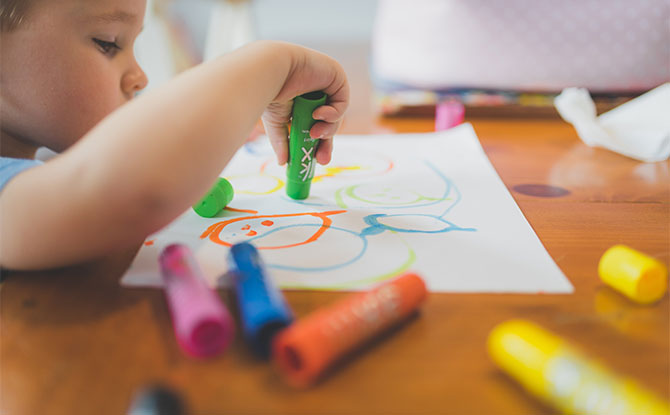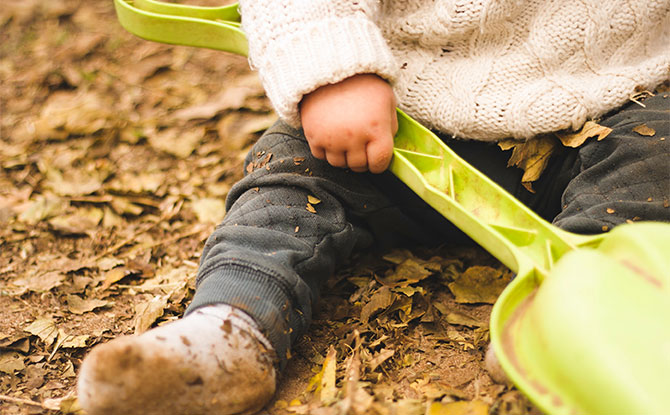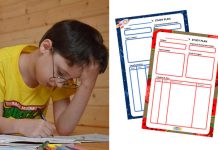
Fine motor skills activities can help toddler and preschooler improve their independence and abilities. Developing fine motor skills are essential for many everyday tasks and activities including grasping, holding, writing, wearing clothes and more.
The more they practise, the more they are preparing ahead for essential life skills like dressing themselves, preparing meals, writing, crafting, painting and even cognitive development.
What are Fine Motor Skills?
Fine motor skills involve the coordination of the little muscles in fingers, wrists, hands to perform precise movements. This allows us to manipulate and control objects and tools accurately and smoothly.
This is as opposed to gross motor skills, which are for the big movements that we do.
Year-end Holiday Camps: Discover Fun and Exciting Camps for Kids; Book Early
Dec Fun: Get the Best Ideas for the School Holidays
There are two kinds of fine motor skills we should hone: basic fine motor skills and advanced fine motor skills.
Basic fine motor skills include holding, grasping, gripping, and releasing items.
Advanced fine motor skills including writing, drawing, sewing and playing music.
Developing fine motor skills begins when the child is little and the practising continues through adolescence.
Hence, caregivers can encourage the strengthening of fine motor skills through different fine motor skills activities.
Check out the list of fine motor skills activities below for ideas on how to help your little one gain confidence through simple everyday activities.
Importance of Fine Motor Skills
A study titled Improving Motor Skills in Early Childhood through Goal-Oriented Play Activity noted that play is a necessity for young children and that it is also a good way for kids to work their body muscles and improve their motor skills.
Reduced physical activity can also have the opposite effect, leading to reduced physical abilities and motor skills.
It is important for kids to be given the opportunity to play actively as it helps them to develop their motor skills. In fact, the study goes so far as to say “there are clearly two conclusions. The first is that playing helps children develop their motor skills. Second, spending more time at play will contribute to the child’s good physical health.”
The outcome of the study showed that there are many benefits that come about from repetitive activities carried out through play.
Fine Motor Skills Activities for Toddlers

Here are some ideas of fine motor skills activities for toddlers. They can make use of these to practise picking up and manipulating smaller objects.
- Picking up small pieces of food
- Tearing tissue paper or paper
- Folding and crumpling paper
- Peeling and pasting stickers
- Putting coins into slots
- Squeezing clothes pegs
- Threading and lacing
- Picking up Sticks
- Popping Bubbles
- Sorting beads and pompoms
- Putting pegs in a pegboard
- Squeezing playdough
- Picking leaves
- Playing Duplo
- Self-feeding
- Scooping and pouring
- Block play
Fine Motor Skills Activities for Preschoolers
Preschoolers need a bit more challenge as they have already mastered some of the basic skills. Here are some fine motor skills activities for preschoolers to attempt.
- Using utensils like forks or chopsticks to pick up marbles
- Crafting with Perler beads
- Using scissors to cut patterns
- Arranging puzzles
- Playing with playdough and clay
- Using a holepuncher or craftpuncher
- Using squirt bottle for watering of plants or art
- Playing with LEGO
- Placing of candles on a cake
- Simple floral arrangements
- Cutting with a butter knife
- Folding clothes
- Playing simple card games like UNO
- Wiping surfaces
- Digging and scooping sand
- Waterplay
- Building with blocks
Developing Fine Motor Skills: Strong Fingers and Hands Mean “I Can Do It On My Own”
Helping toddlers and preschoolers hone fine motor skills help them to gain independence and practise skills required for more complex skills in future. Good fine motor skills mean great dexterity to perform tasks efficiently.


















